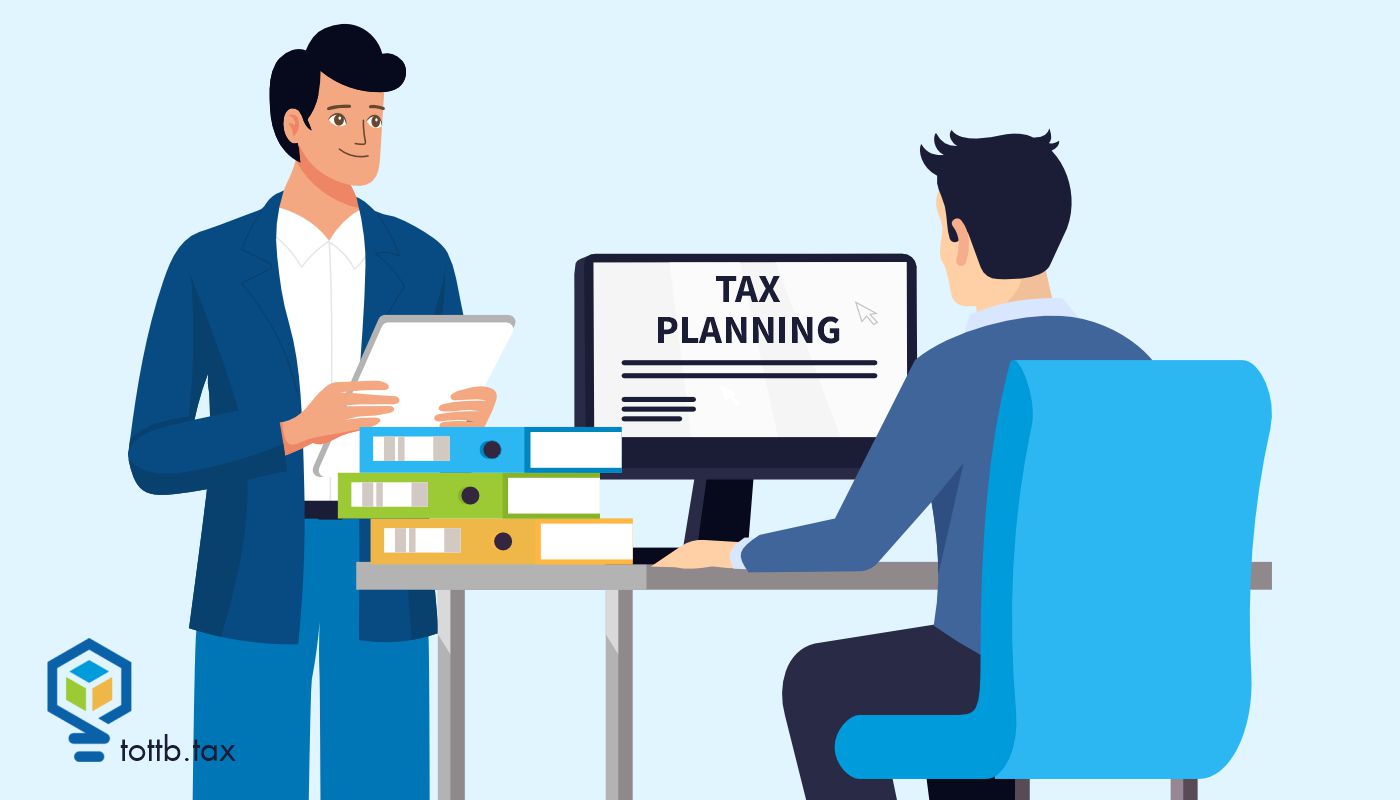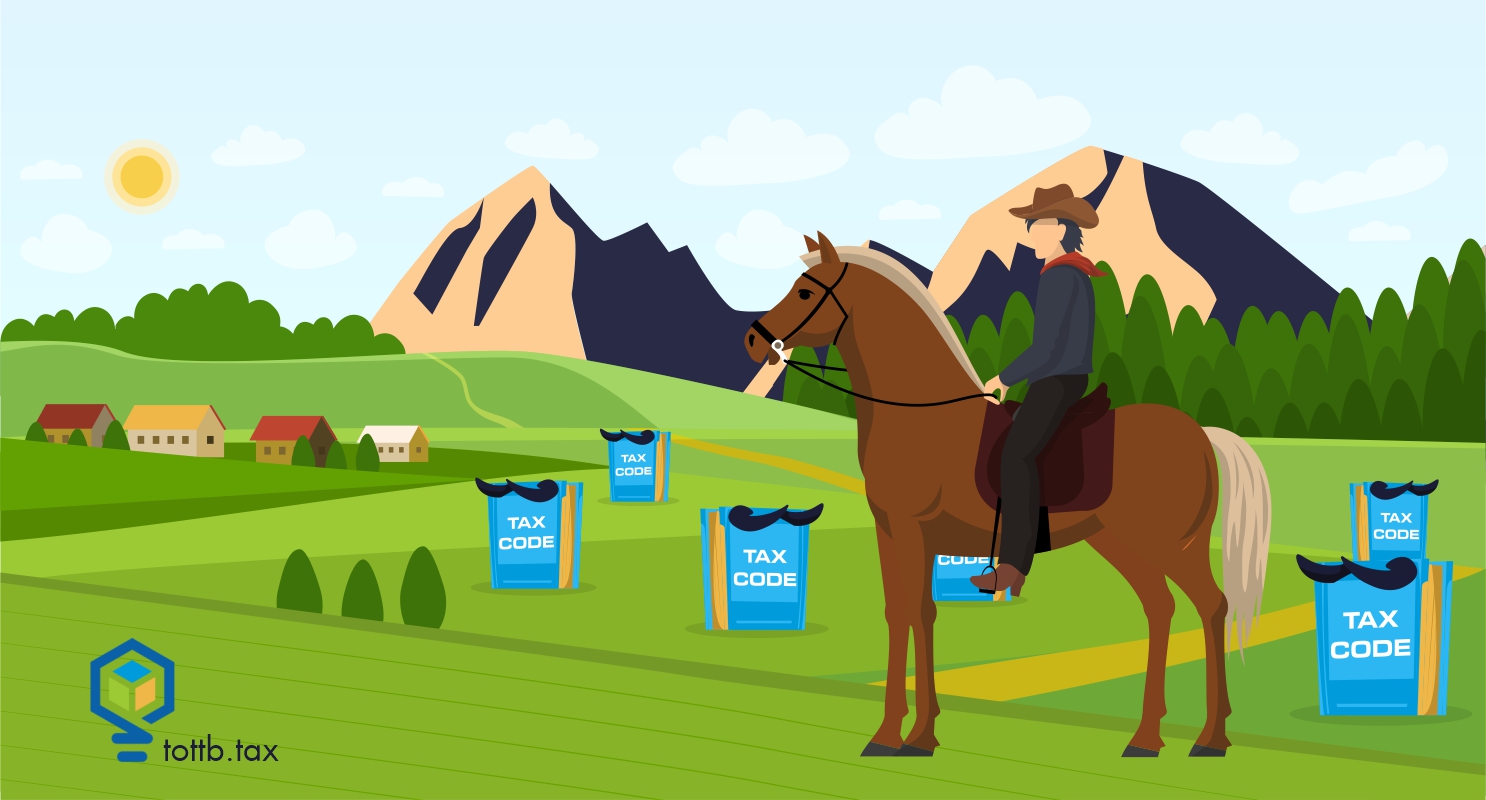CURRENT EDITION

The Ultimate Business Upgrade: Turning Your Partnership into an S Corp Without the Tax Bite
Looking to cut down on self-employment taxes on your partnership income? Converting your partnership into an S corporation might be the answer. If you currently run your business as a partnership or an LLC taxed as a partnership, you’re probably familiar with the sting of self-employment taxes. Unlike shareholder-employees of an S corporation, who only pay Social Security and Medicare taxes on their salaries, partners typically get hit with self-employment taxes on their entire share of the business’s net income. That can add up fast. By transitioning to an S corporation, you can restructure how you take your income—splitting it between salary and profit distributions. The big advantage? Those profit distributions are not subject to self-employment tax, potentially saving you thousands each year. So, if reducing your tax burden sounds appealing, let’s break down how a tax-free Section 351 incorporation works and what you need to know before making the move.
READ MORERecent Hobby Loss Developments
Section 183, which limits or entirely eliminates deductions attributable to activities not entered into for profit, may be coming in for more attention from an invigorated IRS. Section 183 is commonly referred to, not without reason, as the hobby loss rule. Based on my extensive study of the case law, I believe that practitioners widely misunderstand 183. I have noted cases where taxpayers had not gotten a heads up from their adviser. More commonly there is a misunderstanding of 183(d), a presumption in favor of taxpayers that is rarely relevant at all, but which the agency can never use against them. Most important is the failure to appreciate that it is the objective of making a profit not the expectation that is necessary. With that in mind here are the most recent developments...
Read MoreI Sell Feet Pics on the Internet, Can I Deduct My Pedicure? (And Other Questions of the Gig Economy)
“I’m going to get a pedicure later,” my wife said to me one Saturday morning. I quickly replied, “You should start an OnlyFans so you can deduct it.” (Everything has a tax angle when you’re married to a tax person.) “Is that really a thing?” she inquired. “Well…” I said, “It depends...” (Nothing is certain when you’re married to a tax person.) “...ordinarily I would say no, but in this case, it might be necessary.” (Everything is a tax pun when you’re married to a tax person.) In the “post” covid era, many taxpayers have turned to the gig economy. (Aside from the number of companies paying workers as contractors when they should actually be employees, but that’s a different topic for a different time.) Many of these gig workers are new to being self- employed and wonder what exactly they can “write off.”
Read MoreERC Rebellion: A CPA’s Toolkit for Dealing with Disregarded Advice
Question: I have several long-term clients I’ve advised they didn’t qualify for ERC under the requirements. I’ve discovered over time that all three were sold by an ERC mill and filed amended tax returns to claim credits. What are the risks they will be audited and what are my responsibilities in representing them? Should I release them as clients because they didn’t listen to me? Answer: You know, the Employee Retention Credit (ERC) might sound like a pretty sweet deal, especially if your business took a hit during the pandemic. It's a tax break designed to help you out. But don’t be fooled. It's not as simple as it sounds. You need to know the ins and outs before you jump in. Some new kids on the block, a bunch of specialist firms, are offering to help businesses claim this ERC. Unless you’ve been trapped in a cave (or under a pile of tax files) you’ve probably seen the mail, heard the commercials, clicked the ads. They make it seem so easy, don’t they? Just let us take care of everything and ignore the rules. This is music to the ears of employers – especially if we’ve already told them based on the rules, they don’t qualify. We want our clients to know they gotta be careful. These mills may promise you the moon and the stars, but the reality is, there's a pretty tight rule book on how and when you can claim the ERC. Misunderstanding these rules could mean you lose out on a potential $26,000 tax credit per employee. Worse, you could be tricked into claiming money you're not actually entitled to and end up with a nasty surprise later. And when you factor in the steep fees charged by these fly-by-nights, often up to 30% of promised refunds - there is a real risk of loss should these businesses lose their claims.
Read MoreThinking About Selling Body Parts as a Side Hustle? Review the Tax Consequences First!
Sometimes my mind is not the safest place to be. I mean face it, a few issues ago I wrote on best practices for doing Al Capone’s tax returns. But how did I even get started thinking about the taxability of a business dealing in black market organs? Well, it started when someone on social media (perhaps looking to supplement the income from their tax practice) asked if the gain on selling a kidney was taxable and, if so, what would be the seller’s basis in the organ? Then there was that time I was having dinner and adult beverages with some tax colleagues in Las Vegas, and we started talking about that old urban legend about waking up in a bathtub full of ice missing a kidney. It was a fun night, and we all woke up with all of our kidneys and other organs in place. Nevertheless, I found myself wondering (and continuing to wonder) about the tax consequences of transacting in human body parts—one’s own or those illegally harvested from others. Turns out, there have been some court cases on the topic which means that the discussion is more than merely theoretical.
Read MoreInnocent Spouse Relief
"I knew he was a crook when I married him." Come again? And you still married him? That's what I said in my head as it took every muscle in my face to keep my forehead from scowling. But instead, I said, "What do you mean?" "We always had good money and nice things, but we never paid taxes. I always owed when I was single. But when we got married, I stopped working and we never owed." Let me take a moment to rewind and get you up to speed. This taxpayer, let's call her Mrs. Bonnie for the purposes of this story, reached out because she needed to file last year's tax return. She was recently widowed, and her husband typically handled the tax filing. So, she was already feeling overwhelmed and lost when it happened. She went to the mailbox and pulled out mail from the IRS. It was a CP3219A , notifying her that credits claimed on a previous tax return were being disallowed by the IRS. Not only did she owe taxes, but she also owed accuracy related penalties. She only had 90 days to respond if she disagreed and didn't know what to do. When she reached out to me, she inquired about whether I could review previous year returns. Mrs. Bonnie wanted to make sure that they were "done right". This isn't a strange request. I told her that I would review the prior year to have a baseline and if I saw anything fishy, I'd bring it to her attention and perhaps look at another year. I didn't even make it to the signatures before the fishiness leaped off the page. I set up a meeting with her via Zoom to review my findings. As I begin to ask about some of the credits claimed and her husband's business her answers did not match what was on the return. That's when she let me know that she knew her husband, Mr. Clyde, was a crook when she married him. Mrs. Bonnie didn't know much about taxes, but she did a bit of research. She read about something called Innocent Spouse Relief and thought she may be eligible. Let's look at what Innocent Spouse Relief is and why Mrs. Bonnie was not eligible, but your client may be.
Read MoreThe CohnReznick Lawsuit: Compliance and Planning Around the Low-Income Housing Tax Credit
A recently filed lawsuit against CohnReznick opens a window into a niche form of tax practice – compliance and planning around the Low-Income Housing Tax Credit . The case highlights a current controversy between investors seeking returns and not-for-profits seeking to insure continued affordability and their own interests to be just a bit cynical. We get to discuss some obscure tax issues and reflect on the question of who it is that is actually your client.
Read MoreIns and Outs of IRS CCA 202302011 on Cryptocurrency Losses
Here are a few reminders on claiming losses from property transactions with a focus on an informal ruling the IRS issued in January 2023 to help explain losses from certain cryptocurrency transactions. This article focuses not only on what CCA 202302011 provides, but also what it doesn’t cover regarding possible losses from cryptocurrency and digital asset transactions. Click here to continue reading…
Read MoreNOT A MEMBER YET?

SUBSCRIBE TO GET ALL OF OUR
GREAT ARTICLES AND RESOURCES!
CURRENT EDITION

The Ultimate Business Upgrade: Turning Your Partnership into an S Corp Without the Tax Bite
Looking to cut down on self-employment taxes on your partnership income? Converting your partnership into an S corporation might be the answer. If you currently run your business as a partnership or an LLC taxed as a partnership, you’re probably familiar with the sting of self-employment taxes. Unlike shareholder-employees of an S corporation, who only pay Social Security and Medicare taxes on their salaries, partners typically get hit with self-employment taxes on their entire share of the business’s net income. That can add up fast. By transitioning to an S corporation, you can restructure how you take your income—splitting it between salary and profit distributions. The big advantage? Those profit distributions are not subject to self-employment tax, potentially saving you thousands each year. So, if reducing your tax burden sounds appealing, let’s break down how a tax-free Section 351 incorporation works and what you need to know before making the move.

IRS and DOJ Enforcement Against Tax Professionals: Trends, Cases, and Lessons
In recent years, the IRS Criminal Investigation (CI) division and the Department of Justice (DOJ) have aggressively pursued tax professionals involved in fraud or other tax-related crimes. Certified tax planners, preparers, accountants, and attorneys who engage in misconduct are facing serious legal consequences. This article reviews notable prosecutions from roughly the past five years, highlighting enforcement trends and the types of fraud authorities have targeted. We then distill 10 key lessons from these cases – each supported by real-world examples and case citations – demonstrating how broad enforcement has impacted tax professionals. Finally, we conclude with a comprehensive list of dos and don’ts to help tax practitioners stay on the right side of the law and avoid the pitfalls that landed others in trouble.

How to Overcome the Fear of Delivering Bad News to Clients
We’ve all been there. Breaking bad news is one of the hardest parts of being a tax professional. But avoiding these conversations only makes things worse.
The good news? There are ways to make this process easier. With the right approach, you can turn these tough conversations into opportunities to build trust, strengthen your reputation, and reinforce your expertise.








